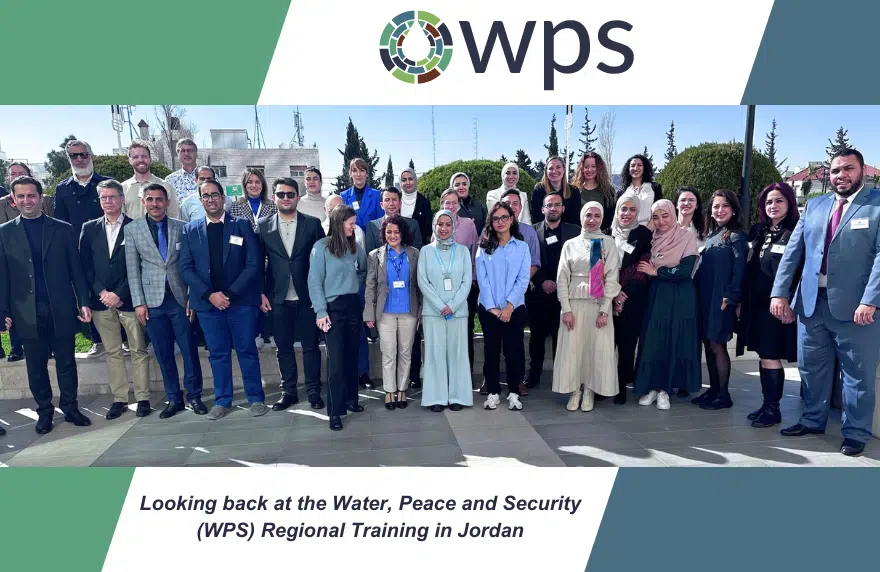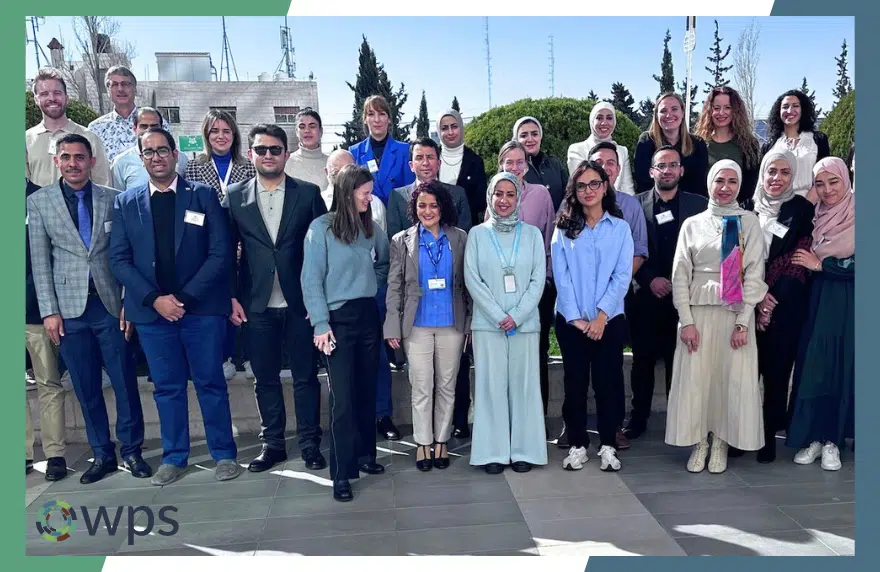How can the water scarce Middle East and North Africa region develop strong strategies that adequately address challenges, build resilience and respond to the growing (climate) migratory flows of the coming decade? This new HCSS Snapshot by assistant analyst Theresa Fleitz, strategic analyst Irina Patrahau and senior strategic analyst Laura Birkman provides insights through the analysis of the water challenges and resilience strategies developed during the 2013 Syrian refugee crisis in Jordan.
Migration is expected to grow substantially in the Middle East and North Africa (MENA) up to 2050. While armed conflict, persecution and violence continue to be the leading drivers of migration, the role of climate change in driving migration has gained attention and will likely become central in the coming years. In light of these projections, it is essential for governments in the MENA region to develop strong strategies that can adequately address challenges, build resilience and respond to the growing migratory flows of the coming decades.
Jordan’s adaptation to water challenges in light of the Syrian refugee inflow since 2013 serves as a useful starting point to identify learnings for future adaptation strategies. Since 2013, approximately 1.3 million Syrian refugees migrated to Jordan, leading to a significant increase of water stress by up to 75 percent. In its attempt to adjust national plans and strategies to the new population size and amplified water scarcity, the Jordanian government successfully advanced national development and maintained its political stability.
However, while the high level of governance centralization allowed for fast measures at the national level, it hindered the forming of effective local and context-specific response mechanisms. Given the largely unequal division of Syrian refugees across Jordan with a high concentration in the Northern governorates, the largest impacts were felt at the local scale. Despite these large local impacts, local stakeholders were sidelined in the forming of the response. From a security perspective, however, the local response is central to the mitigation of conflict risks like inter-communal tensions arising from the increased scarcity of available water resources.
These findings indicate the necessity to prioritize the tackling of challenges and capacity building at a local community scale. Especially in more fragile settings with lower socio-economic development and governance capacities, the attention to local implications and security factors is therefore crucial.
- Authors: Theresa Fleitz and Irina Patrahau.
- Contributor: Laura Birkman.
- Cover image source: Canva









